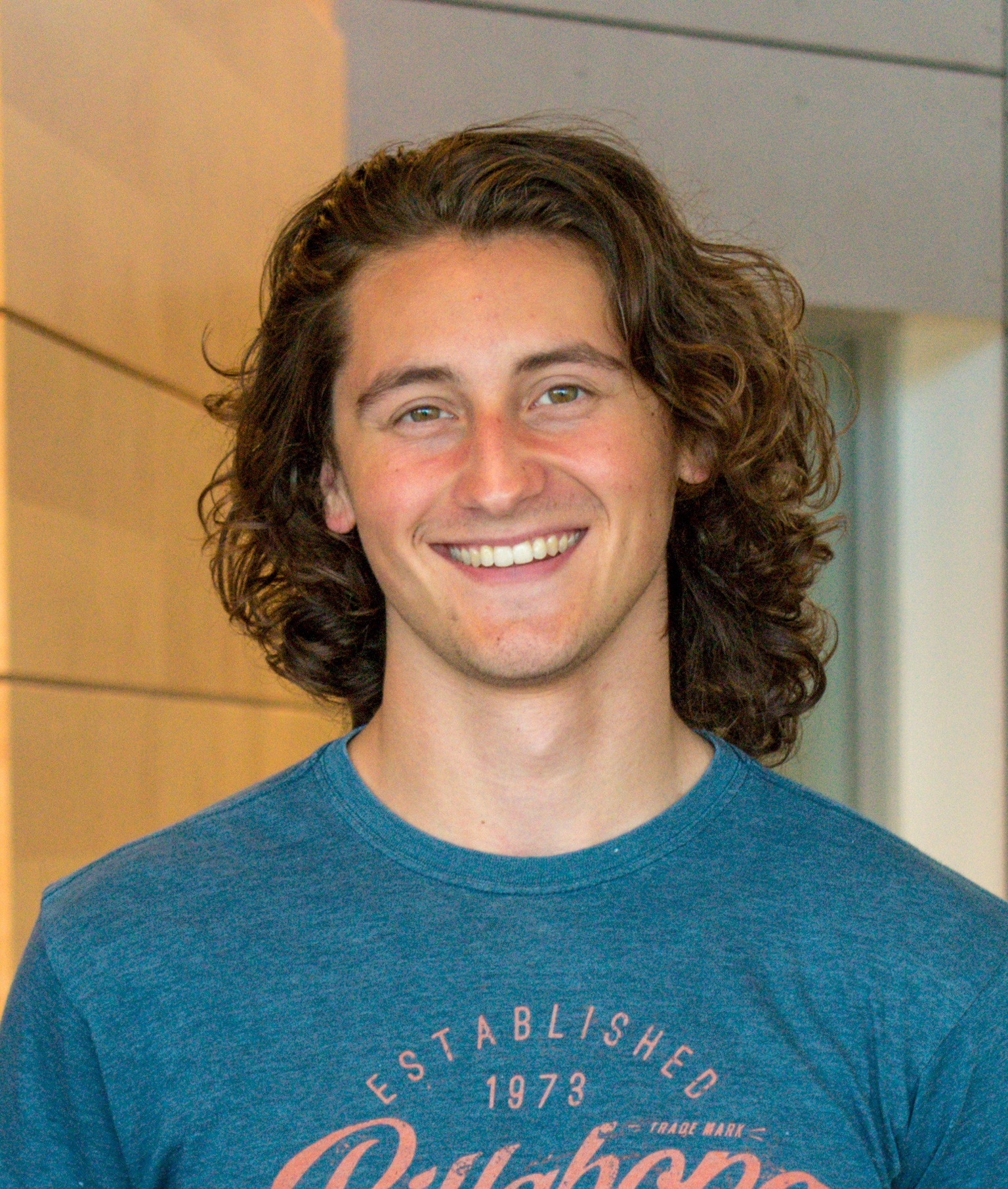Celebration of Scholars
Conducting Micelle-Assisted Peptide Coupling in Flow
 Name:
Gunnar Goetz
Name:
Gunnar Goetz
Major: Chemistry
Hometown: Lindenhurst, IL
Faculty Sponsor: David Brownholland
Other Sponsors:
Type of research: Independent research
Funding: Carthage Undergraduate Research Grant
 Name:
Gunnar Goetz
Name:
Gunnar Goetz
Major: Chemistry
Hometown: Stoughton, WI
Faculty Sponsor: David Brownholland
Other Sponsors:
Type of research: Independent research
Funding: Carthage Undergraduate Research Grant
Abstract
Micelle-facilitated reactions are receiving significant attention due to their potential to remove toxic organic solvents from organic reactions in favor of water. These reactions often produce equivalent or superior results compared to their analogous reactions in organic solvent. Furthermore, micelle-facilitated reactions can often be conducted at room temperature with shorter reaction times, offering significant environmental and practical advantages. Despite growing interest, micelle-facilitated organic synthesis has yet to be adapted for flow conditions. Continuous-flow synthetic processes offer advantages over batch reactions, such as improved heat transfer and the ability to increase pressure and temperature safely above the boiling point of the solvent, thus enabling faster reactions. These benefits enable quick screening of reaction conditions. Further, flow chemistry is easily scalable, either through collecting a sample for longer periods of time or through running reactions in parallel. In addition to the benefits to traditional research, flow chemistry is recognized as necessary to conduct extraterrestrial chemical research. We report our progress on a peptide coupling reaction in aqueous flow conditions using micellar catalysts.Submit date: March 23, 2019, 12:59 p.m.
